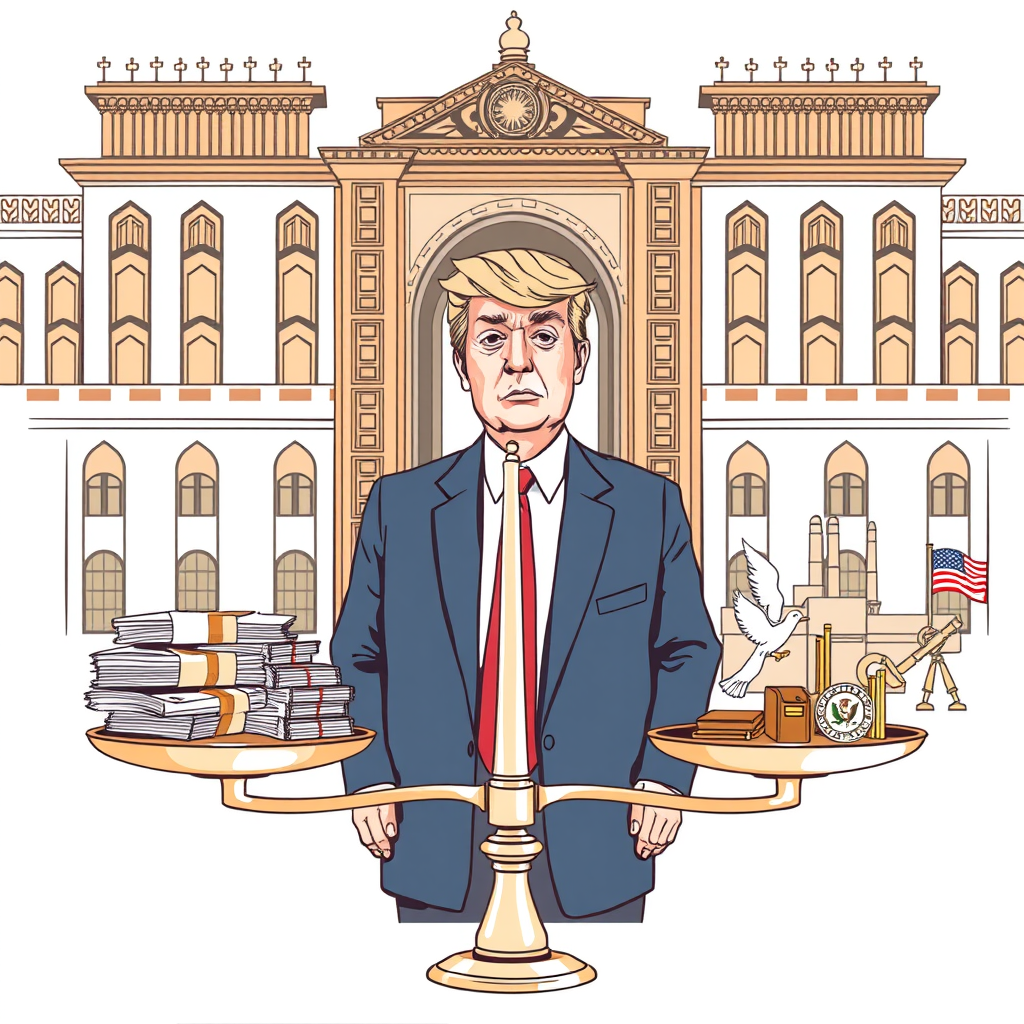Trump Seeks Over a Trillion in Saudi Deals

President Donald Trump, as he begins his second term, is set to embark on his first scheduled overseas trip this week, a four-day journey that will take him to Saudi Arabia, the United Arab Emirates, and Qatar. Much like his first term, Trump has selected Saudi Arabia as his inaugural stop, with expectations high for a series of business deal-signings rather than diplomatic agreements.
In a March statement, Trump revealed the economic incentive behind his visit: ‘I said I will go [to Saudi Arabia] if you put up a trillion dollars to American companies,’ he declared. ‘Meaning the purchase over four years of a trillion dollars. They agreed to do that. So I am gonna be going there.’
This trip underscores Trump’s penchant for blending diplomacy with economic opportunism, a strategy that has characterized much of his foreign policy. The potential $1 trillion investment from Saudi Arabia is a staggering figure, one that could significantly boost American industries and create jobs back home. However, it also raises questions about the ethical implications of aligning so closely with a regime that has been criticized for human rights abuses and its role in regional conflicts.
The focus on economic gains over diplomatic progress is a double-edged sword. On one hand, it could strengthen ties between the U.S. and key Middle Eastern allies, fostering stability and cooperation in a volatile region. On the other hand, it risks overshadowing critical diplomatic issues, such as the ongoing conflict in Yemen and the human rights situation in Saudi Arabia.
As Trump prepares for his trip, the world watches to see how this balance will play out. Will the economic benefits outweigh the diplomatic shortcomings, or will this visit serve as a wake-up call for a more nuanced approach to foreign policy? Only time will tell, but one thing is certain: Trump’s approach to international relations continues to be as unconventional as it is ambitious.